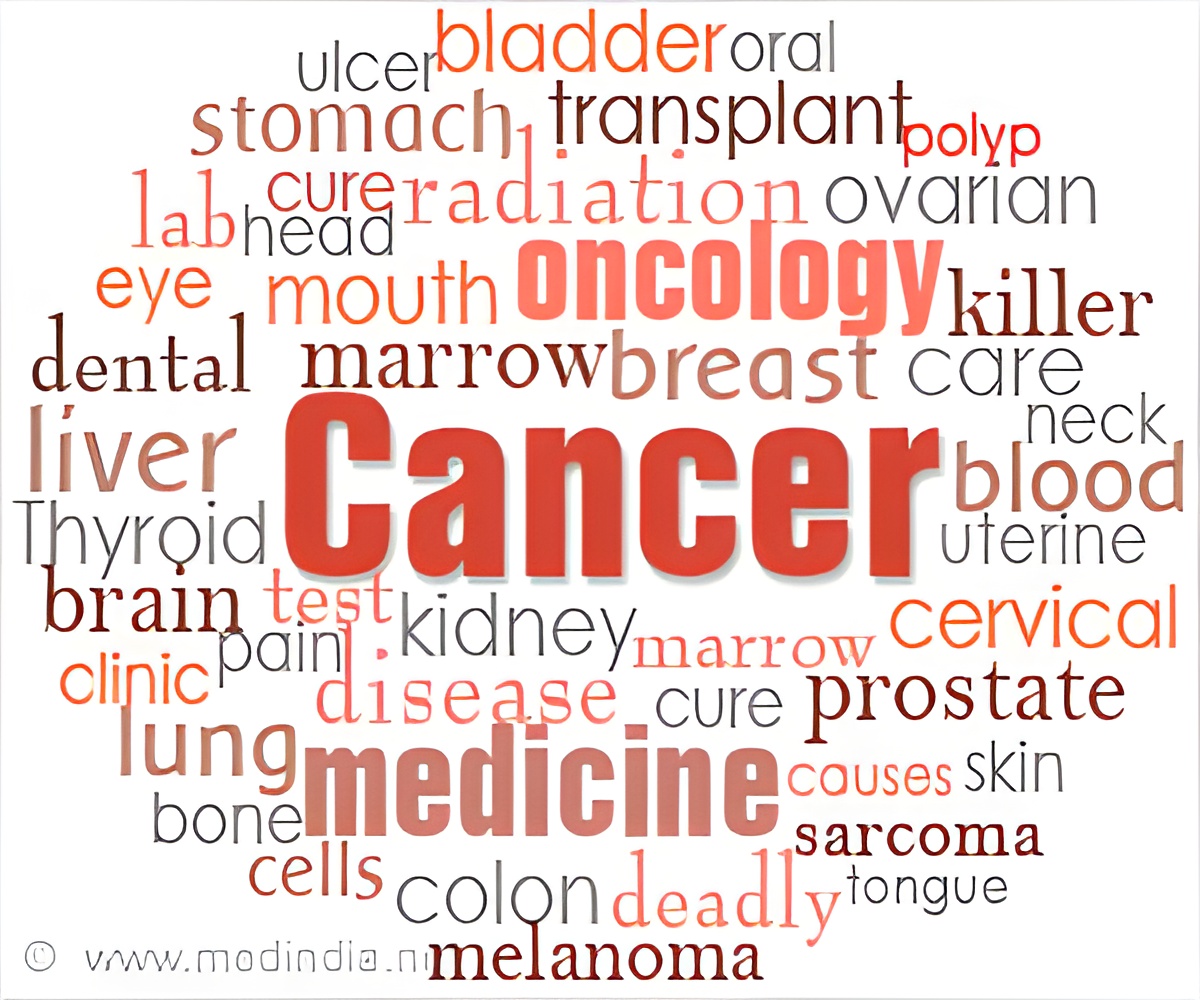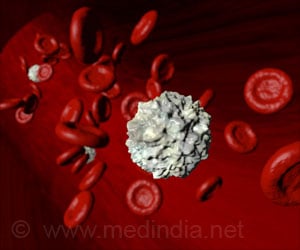
‘Men and women both have androgen receptors, but they are activated by hormones (such as testosterone) that are produced at much higher levels in men.’
Tweet it Now
Earlier studies have suggested that men are more vulnerable to infection with Kaposi's sarcoma-associated herpesvirus (KSHV) and more DNA from this virus is detected in infected men than in infected women. This suggests that male hormones may influence KSHV infection, but their precise role has remained mysterious. To investigate how male hormones might influence KSHV infection, the team performed a variety of experiments with human cell cultures. These experiments focused on the androgen receptor, a protein found in the outer membrane of some cells. Both men and women have androgen receptors, but they are activated by hormones (such as testosterone) that are produced at much higher levels in men. The researchers used a technique known as RNA interference to inhibit androgen receptor activity in the cultured cells and then exposed the cells to KSHV. They found that AR inhibition led to much lower levels of KSHV genetic material detected in the cells than in control cells. Cells treated with 5a-dihydrotestosterone (DHT), a hormone that activates the androgen receptor, had increased levels of KSHV.
This suggests that both the androgen receptor and DHT promote KSHV infection. With further research, these findings could help guide efforts to develop drugs that could prevent KSHV infection and reduce the risk of Kaposi's sarcoma. "Male hormones," the authors further explain, "facilitate Kaposi's sarcoma-associated herpesvirus infection through activation of viral receptor EphA2." The research appears in the journal PLOS Pathogens.
Source-ANI















